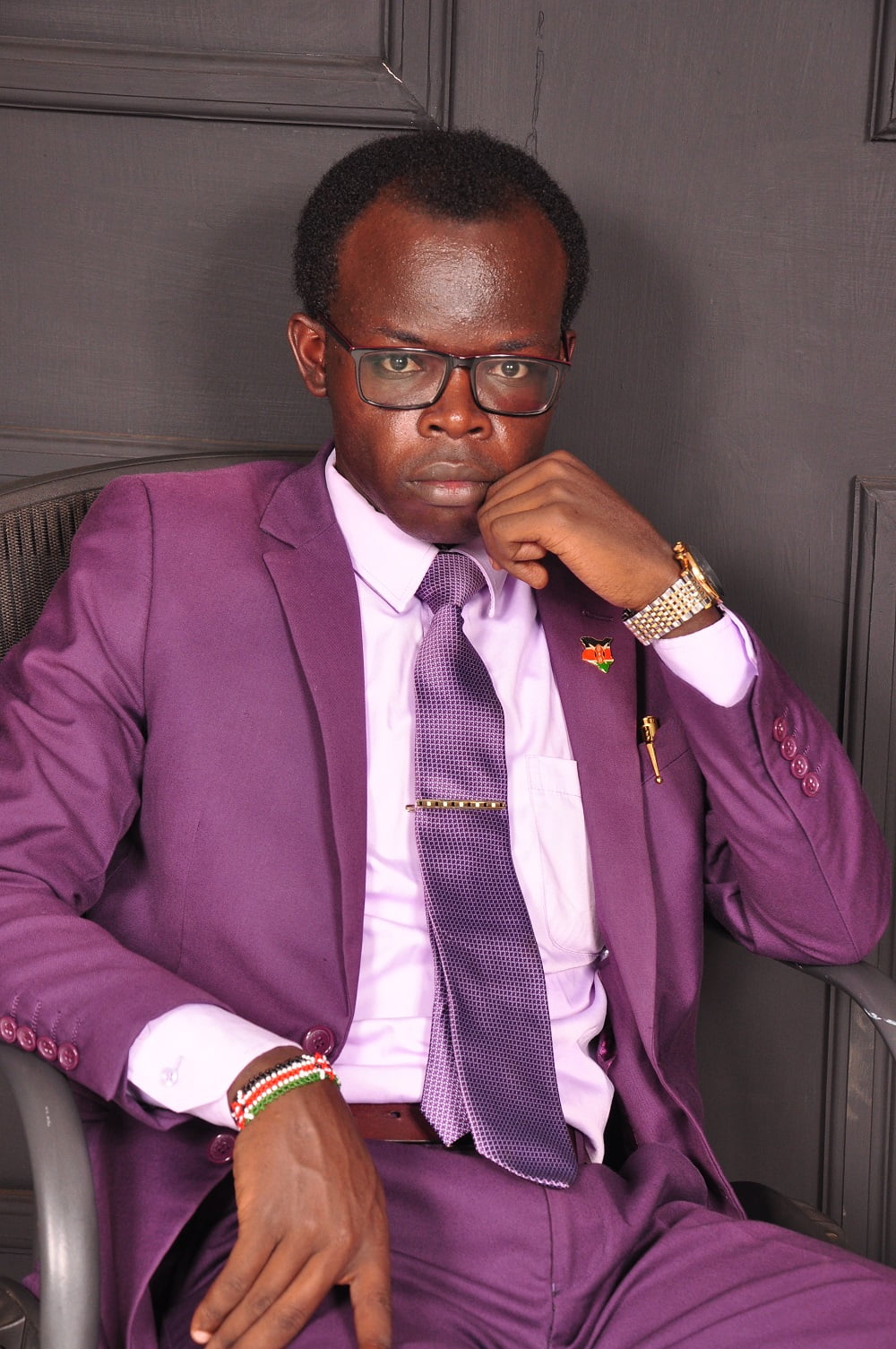By Victor Ochieng’
vochieng.90@gmail.com
Life skills! Two-pronged as it is, we basically have life and skills. Therefore, aptly put, these are abilities that help people to cope with life. They are dazzling abilities that beckon positive forms of behaviour. They equip people with virility and requisite skills to tackle various vicissitudes of life. To cut the long story short, life skill-enhancement and development is not an event per se, but a life-long process. It can begin at the blissful base of birth, and end at the pensive point of death.
In the Peer, a textbook on life skills, health education and contemporary issues affecting young people, authored by Ann Joyce Abuga, we read that life skills are a set of basic skills acquired through learning and direct life experience. By and large, these skills promote mental well-being and enhance competence in young people as they face the realities and rhapsodies of life. Through them, young people get empowered to take positive action. They find wonderful ways to protect themselves through positive social relationships. They also meet means to handle issues and problems commonly encountered in daily life. In Guidance and Counselling for Schools and Colleges, a good book written by Esnas K. Mutie and Sammy P.M. Kyungu, they postulate that one of the key challenges of 21st century is to ensure that youths have personal resources and intellectual tools needed to understand the world. Life skills props them up to behave as fair-minded, responsible and able human beings.
That is why college arrowheads should ensure that life skills are taught with trenchant zest and zeal. For those who are at home with psychology will apprise you that learning is change of behaviour and attitude. That is why if colleges indeed want to be learning centres, then they must teach the nuts and bolts of life skills.
- Essence of Life Skills
Comprehensive teaching of life skills entices bountiful benefits. Conceptualisation of life skills enhances holistic change of behaviour in young people. Life skills can enhance healthy living among young people. Because they make them focus on risk-free behaviour like avoiding drug abuse, immorality, crime, et cetera. Life skills equip youths with a sense of responsibility (response plus ability). Beneficiaries of life skills develop what Napoleon Hill christened as Positive Mental Attitude. Laser-like focus on life skills legs up youths’ self-worth, confidence, competence and communication skills.
It is imperative to note that life-skill-education goes beyond mere dispensing of knowledge and information. But in its entirety and totality, it sets the foundation that helps people to overcome obstacles, shun risky situations and sustain positive behaviour. Therefore, a well-thought-out life skill programme should equip learners with useful knowledge, skills, attitudes and values; that can empower them to face the realities and rhapsodies of life. Eventually, that is what will help them take full responsibility for their actions.
Life skills programmes should have a puissant impact on young people. That can only happen where there is cross-pollination of information, activities, ideas and fantastic facts. Acquisition of facts is knowledge. Interpretation of facts is understanding or comprehension. Correct and right application of facts is wisdom. Solomon sagely said in Proverbs 4:7, “Wisdom is the principal thing. In all thy dealings, seek understanding.”
- Categories of Life Skills
In Life Skills Made Easy, Gitonga B.A writes right about category of skills. We have three categories of life skills. To begin with, we have skills of knowing and living with oneself. Also known as intra-personal or personal awareness skills. They include: Self-awareness, self-esteem, self-confidence, self-discipline, stress management, emotional intelligence, character development et cetera. In order to access success in life, you have to know yourself first. Both occidental and oriental wisdom would say: Knowing others is wisdom, but knowing yourself is enlightenment. A person with self-knowledge, equals thirty people without the same.
Secondly, we have skills that focus on knowing and living with others – inter-personal skills, which include: empathy, assertiveness, negotiation, non-violent conflict resolution, friendship formation, collaboration or teamwork and effective communication. Basically, we are in this side of eternity for symbiotic reasons, and mutual co-existence. No one can shine like lucent light by choosing to be an island confined in isolation. Rev. Dr. Martin Luther King Jr. said in substance, “We are caught in an inescapable network of mutuality, tied in a single garment of mutuality.”
The third cadre of life skills are called skills of effective making decisions, choices and solving problems. They also called thinking, mental or cognitive skills. They focus on the process of making up our minds on issues so as to arrive at informed judgement, resolution or conclusion. These skills include: Decision making itself, critical thinking, creative thinking, problem solving, and making of choices. Young people should know how to make informed decisions, because decisions are the hinges of destiny. They should be reminded that everyone is born without choice, but lives by choice. Destiny is a matter of choice, not chance, serendipity, or grace of luck. Choices have consequences. Above all, ability to think critically and creatively is of supreme essence. After all, it has been said severally that this world populated by plenty of people; only 5% think, 15% think that they are thinking, but 80% do not think at all. So, it is good to think. For if you stop thinking, you start stinking.
The writer facilitates Skills Enhancement-cum-Development Programmes in Universities, Colleges and Churches. He Focuses on Soft Skills, Employability Skills, Transferable Skills, 21st Century Skills and Life Skills.






